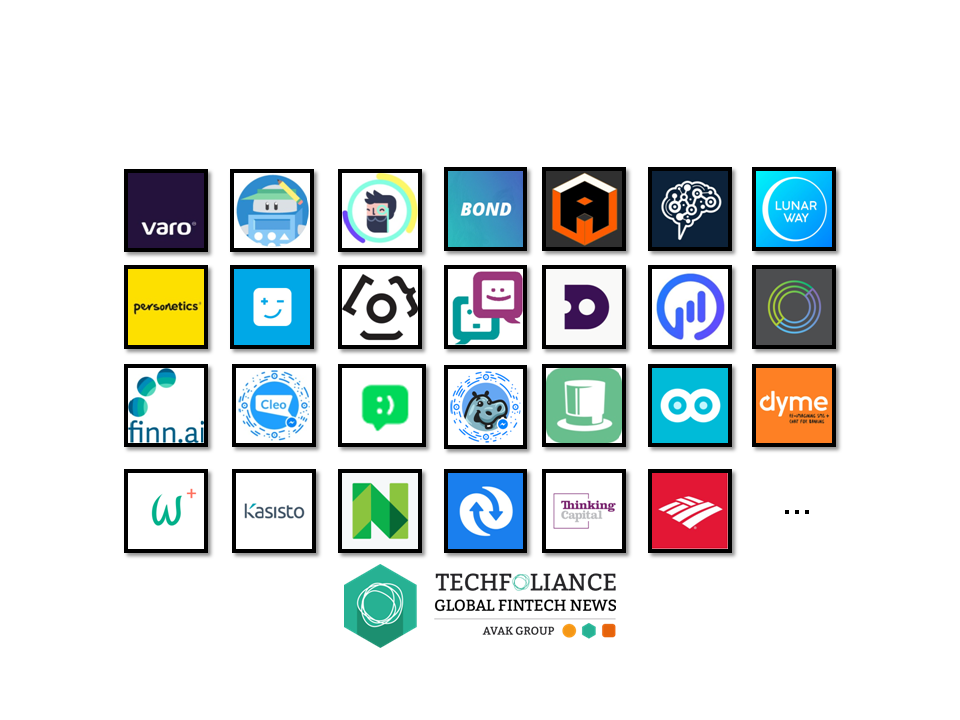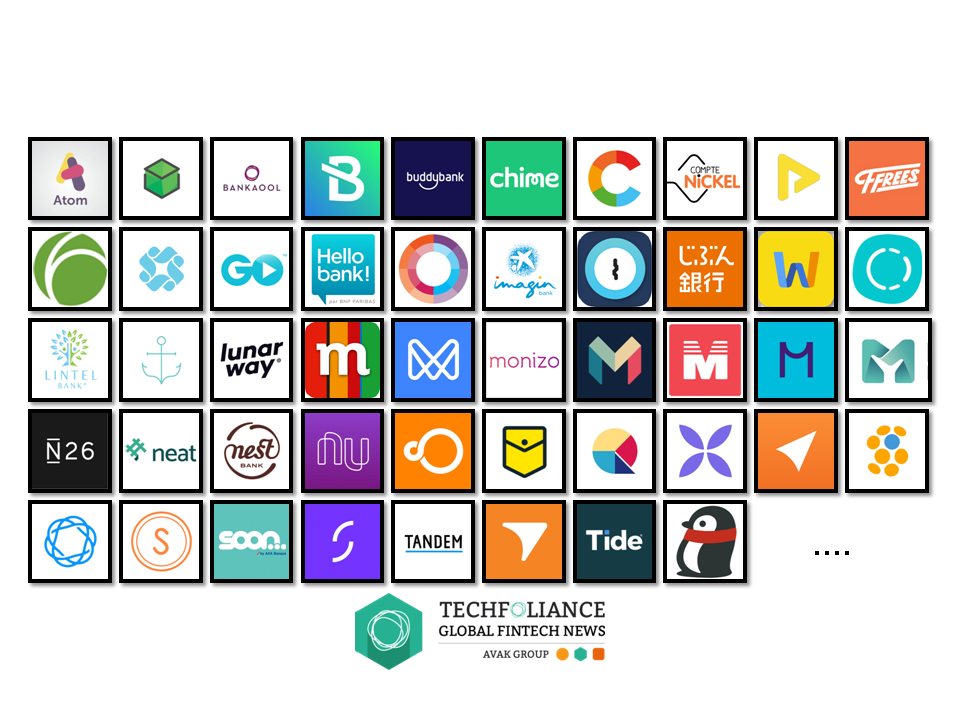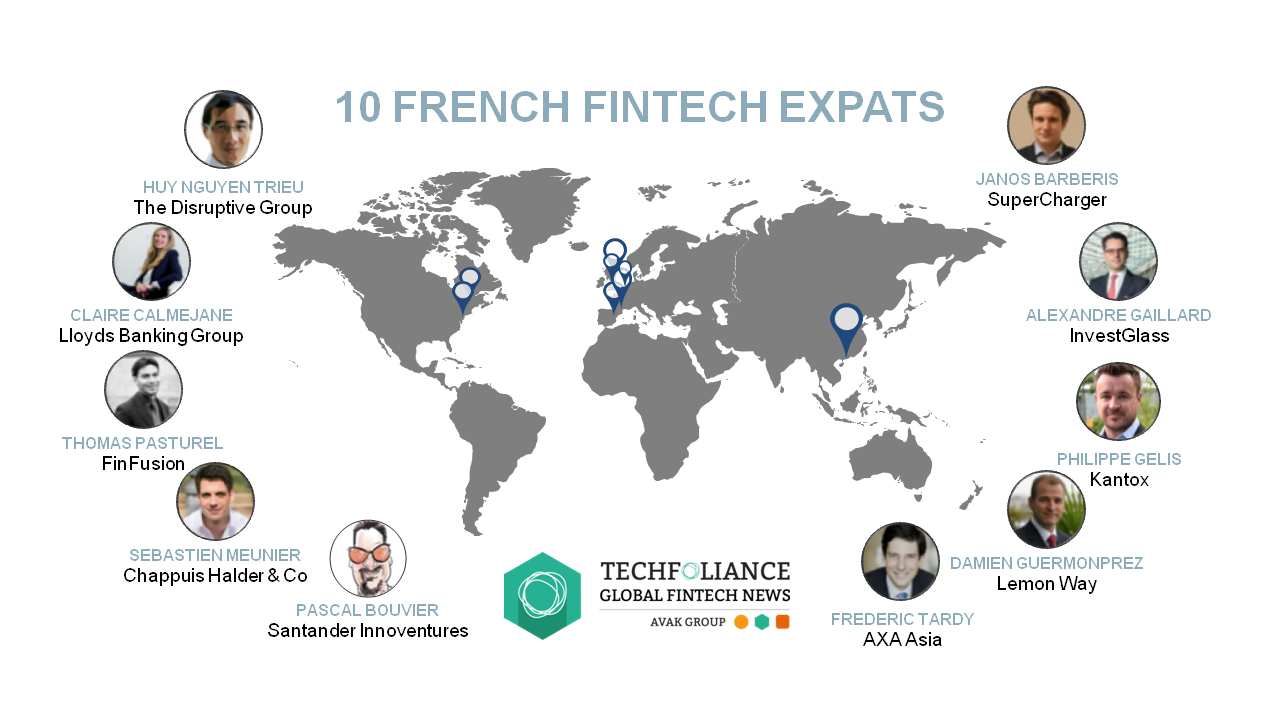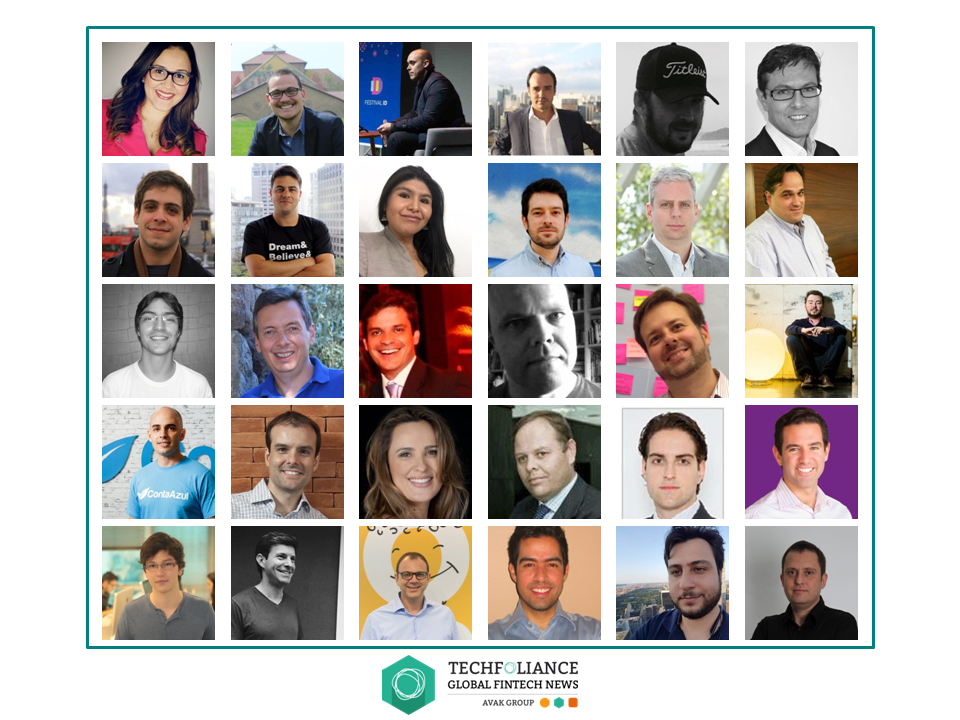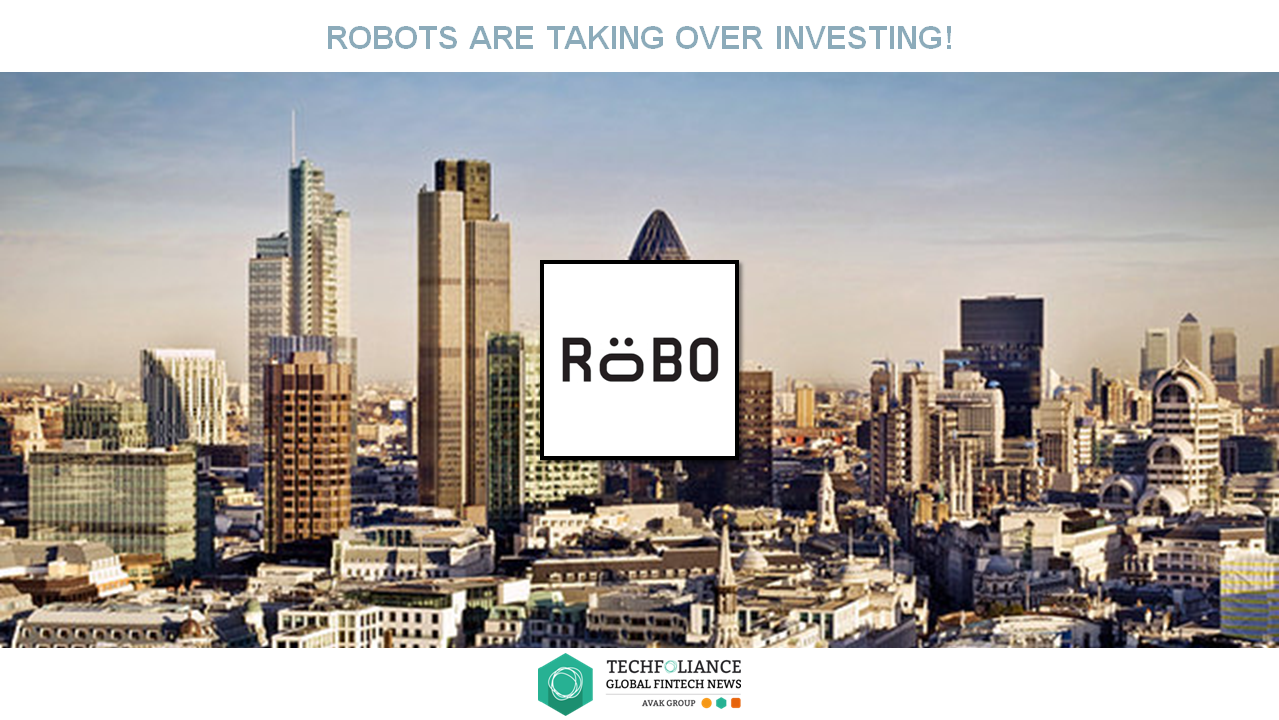
Techfoliance was at Robo-investing Europe 2017 last 1st of February. Here is what you can take away from top experts and entrepreneurs who gathered to discuss the future of robo-advisors.
Robo investing is a very promising business, right? Well, not everybody agrees. Among all the conferences and presentations that we had the chance to attend during the robo investing Europe 2017 event, two discussion caught my attention.
How can we tell if Robo-advisors will be successful? By Andrew Power from Deloitte
The first one was a presentation by Andrew Power from Deloitte about the robo business and its promising future. How can we tell if Robo-advisors will be successful? Have you ever heard about the advice gap? Many people who want to invest their money, do so without professional advice. They ask a friend or a family member or simply do not request any advice at all. The gap between people who actually use professional advice before investing and the ones who don’t is called “the advice gap”. How does this relate to robo investing? Well, people do not get advice because obtaining it is complicated, expensive or both. Since Robo-advice is accessible and cheap at the same time, chances are that these unsatisfied potential clients will soon be using robo-advisors to invest their money.
Now, are we certain that this new clientele from the advice gap will be enough to sustain many robo-advisor companies? According to Deloitte, with a 75 basis points (0.75%) net fee and an average account of £35,000, a robo company could breakeven at £3Bn assets under management (AUM). The biggest robo-advisor in business is Vanguard which is currently managing £33Bn (figure from InvestorJunkie.com). However, Vanguard dwarfs all its competitors by far! Charles Schwab, Betterment and Wealthfront are still above the trigger but all the other robo-advisors are actually start-ups with only a few millions AUM. While Andrew Powers concedes that the robo business already gives a clear advantage to the incumbents since they have the brand and the customers, Deloitte believes that the competition will be fierce. In other words, yes, robo business is definitely part of the future but no, there will not be enough space for everyone to survive.
Don’t be so optimistic, robo-advisors target millennials! By Alan Miller from SCM Direct
This leads us to the intervention of Alan Miller, founding partner and fund manager of SCM Direct. Alan doesn’t share the optimism of Deloitte. For him, the 75bps net fee is actually not realistic. Robo-advisors average net fee is already at 50bps and with all the competition going on, there should be room to improve. The average account size should also be lowered from £35,000 to £12,000. Why? Because robo-advisors are targeting millennials who have much less money to invest. Taking these new parameters into account, to start making profits, a robo company would need to manage much more than £3Bn. On top of that, millennials represent only 5% of the asset management customers which leaves start-ups with a very narrow segment to compete for growth. Alan is also claiming that pursuant to his calculations, a start-up robo advisor should expect an 11 years’ time-frame before making a profit. SCM’s founding partner also pointed out that he found evidence of misleading performances, misleading fees and lack of appropriate regulatory permissions among the robo-advisor companies.
Conclusion
Even if the robo business seems very promising, there are still uncertainties, variables and challenges that need to be overcome before true automated asset management becomes part of our daily lives.




